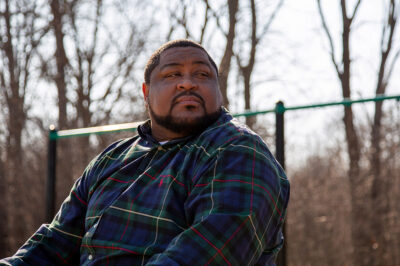
Back in 2006, I interviewed many girls who had been confined in New York’s juvenile prisons. The girls described harsh, prisonlike environments where physical force was used to punish and control them, sexual and psychological abuse occurred, and schooling was haphazard and insufficient. One girl summed up by saying: "I just want to tell people before someone gets really hurt."
The trouble was, there was no one to tell. Most juvenile prisons in New York, like those around the country, are in remote rural locations, surrounded by high walls and razorwire fences. Confined children have limited telephone and mail contact with their loved ones. Often, children’s complaints are ignored by facility staff, and internal monitors are compromised by their ties to the very agency they are meant to police. All of this meant that even where severe abuse and neglect occurred, the outside world would likely never know.
But last week, something changed. The New York State Senate passed Senate Bill S6877, which mandates the creation of an independent watchdog called the Office of the Child Advocate. (Its companion bill in the state assembly, Assembly Bill A3233, passed a few months ago.) The Child Advocate would be charged with safeguarding the basic rights of every child incarcerated in this state. He or she would report directly to the governor and the legislature — not to the agency — and have the power not just to expose problems but to craft solutions. In turn, incarcerated children would have direct access to the advocate, helping ensure that that abuse does not stay a secret.
All that remains is for New York Gov. David Paterson to sign the bill into law. Whether he will is an open question — the state’s financial woes make creating a new office a tough proposition, and delinquent children have few friends in Albany. But these kids desperately need a champion. They enter the system from backgrounds of poverty, abuse, and family disruption, and they have been failed along the way by our broken social safety net and schools that would rather push troublesome students out than address their needs. In short, they are some of the most vulnerable children in our society.
Juvenile prisons are legally required to rehabilitate these kids, but rehabilitation is never possible where abuse, fear, and secrecy reign. A Child Advocate would shine a light into New York’s juvenile prisons, helping expose and end abusive practices. This would likely save the state money over time because a genuinely rehabilitative environment means less recidivism, at a savings of upwards of $200,000 per child, per year. More importantly, truly rehabilitating incarcerated kids means giving them a real chance at success once they walk out of the prison gates.
The ACLU's Women's Rights Project submitted a memo the New York State Legislature regarding A3233-B and S6877, which you can read here.





